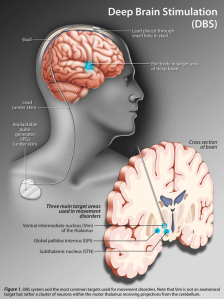Neurology-Movement Disorders Most Recent

Nonneurologist practitioners faced with the diagnosis of dementia cannot be expected to conduct the detailed assessments for which neurologists are trained.

This article will assist the clinician in defining and categorizing tremor, also suggesting key questions and physical examination techniques to facilitate a probable diagnosis in an older adult.
Parkinson’s disease (PD) is characterized by the presence of bradykinesia, rigidity, and rest tremor.

Chorea is a hyperkinetic movement disorder characterized by nonsustained, rapid, and random contractions that may affect all body parts.

The Impact of Exercise Rehabilitation and Physical Activity on the Management of Parkinson’s Disease
Although medication therapy is generally effective in the clinical management of Parkinson’s disease (PD), additional improvement of some gross motor symptoms may be achieved through the use of nonpharmacological treatments, such as physical therapy and exercise rehabilitation.
Mobility and independence are essential components of a high quality of life. Although they lack the strength to operate manual wheelchairs, most physically disabled older adults with cognitive impairment are also not permitted to use powered wheelchairs due to concerns about their safety.
Advertisement

Multiple system atrophy (MSA) is a sporadic neurodegenerative disorder characterized clinically by various combinations of parkinsonian, autonomic, cerebellar, or pyramidal signs and pathologically by cell loss, gliosis, and a-synuclein-positive glial cytoplasmic inclusions in several brain and spinal cord structures.


